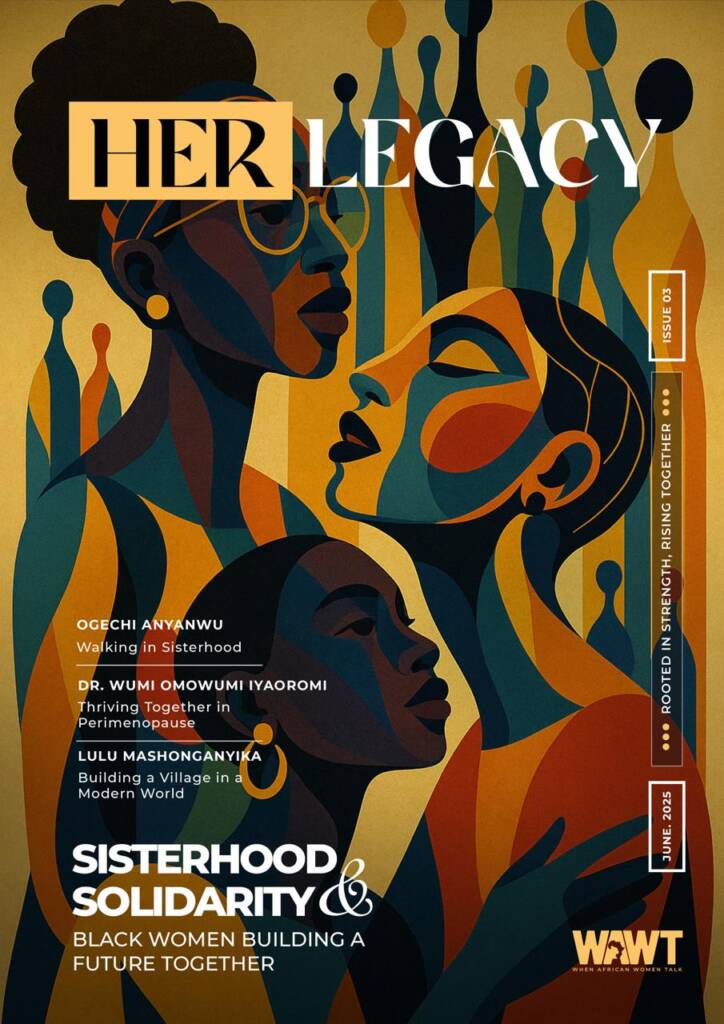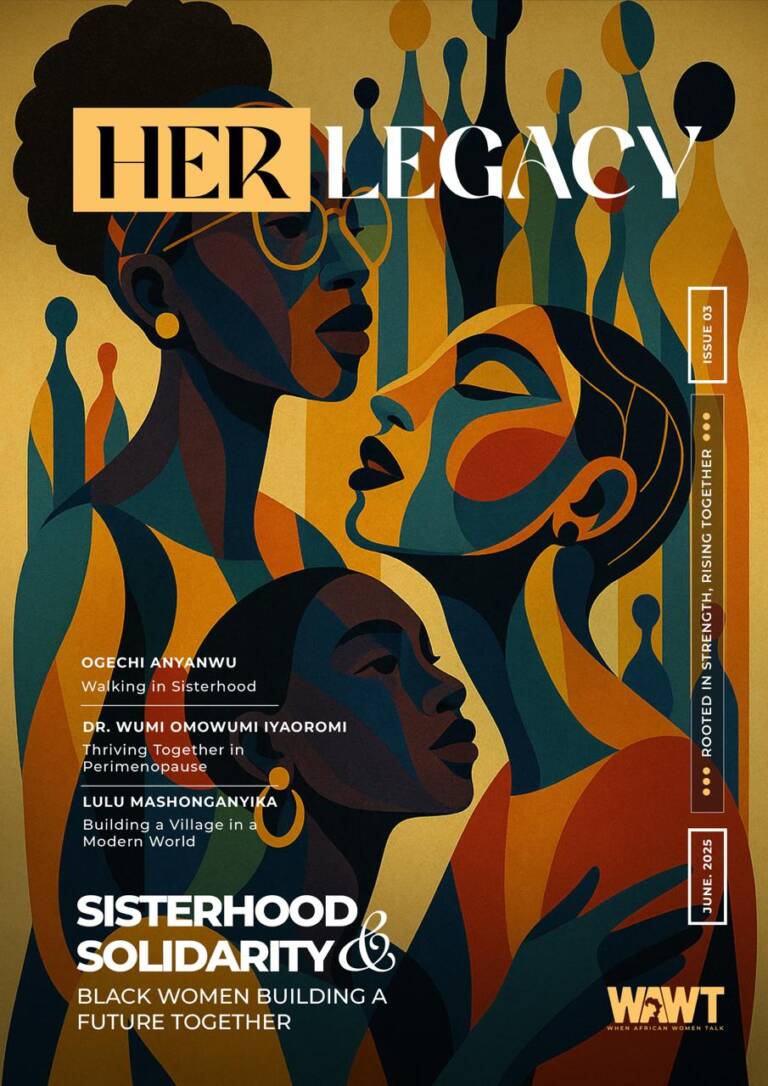WAWT Magazines
Magazine Archive
Table Of Content
Articles
Building Futures Through...
Table Of Content
Articles
Making Alberta’s Outdoors...
No posts found







